
Explore the complexities of treatment-resistant depression and the vital role of advanced practice providers in enhancing patient care and outcomes.

Mr Asbach is a psychiatric physician associate and serves as associate director of interventional psychiatry at DENT Neurologic Institute.

Explore the complexities of treatment-resistant depression and the vital role of advanced practice providers in enhancing patient care and outcomes.

Explore the evolving landscape of psychiatric diagnosis and treatment, highlighting the gap between evidence-based standards and real-world practices.

International guidelines for schizophrenia treatment standardize care, addressing disparities and emphasizing proactive metabolic management for better patient outcomes.

Clinician's can use the new international guidelines for schizophrenia treatment to solidify treatment decisions and improve patient outcomes.
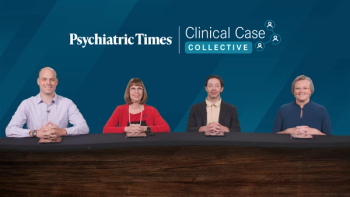
Panelists discuss how a patient named Kerstin was diagnosed with attention-deficity/hyperactivity disorder (ADHD) later in life during college when she struggled with organization and scheduling beyond her known dyslexia, leading to successful treatment with various stimulant medications including participation in clinical trials.

Panelists discuss how stimulant and nonstimulant attention-deficity/hyperactivity disorder (ADHD) medications have different adverse effect profiles, with stimulants causing concerns such as misuse potential, cardiovascular effects, tics, and growth suppression.
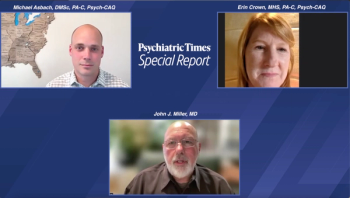
A trio of practitioners react to the FDA advisory committee's 10-1 vote against recommending approval of brexpiprazole (Rexulti) adjunctive to sertraline for adults with PTSD.

Panelists discuss how a 17-year-old patient’s challenges with inattention, anxiety, and executive dysfunction ahead of college highlight the importance of balancing pharmacologic and nonpharmacologic attention-deficity/hyperactivity disorder (ADHD) treatments. They address concerns about stimulant use and medication diversion.

Panelists discuss how treatment adherence in patients with attention-deficity/hyperactivity disorder (ADHD) is often impacted by forgetfulness and misconceptions and how using tools such as pill organizers can significantly improve consistency and outcomes.

Panelists discuss how viloxazine fits into both pediatric and adult attention-deficity/hyperactivity disorder (ADHD) treatment plans, especially as a nonstimulant option for patients with complex cases or concerns about stimulant adverse effects, while emphasizing flexible dosing and caregiver involvement.

Panelists discuss how recent clinical studies on viloxazine in children and adolescents with ADHD demonstrated early symptom improvement, dose-dependent efficacy, and tolerability, with the most benefit seen at 400 mg in those aged 11 and under.

Panelists discuss ADHD nonstimulant medication options with detailed clinical considerations.

Panelists discuss how comprehensive ADHD treatment approaches emphasize combination therapy and immediate implementation.

Panelists discuss the critical role of pediatricians in attention-deficity/hyperactivity disorder (ADHD) diagnosis and treatment challenges.

Panelists discuss how attention-deficity/hyperactivity disorder (ADHD) risk factors include genetic, environmental, and socioeconomic influences.

Panelists discuss how an attention-deficity/hyperactivity disorder (ADHD) diagnosis impacts families through stress and challenges but can also provide relief and understanding. They address quality-of-life effects including academic performance, family functioning, driving safety, and the need for structure and routine management.

Panelists discuss how diagnostic challenges include ensuring symptoms are developmentally appropriate, distinguishing attention-deficity/hyperactivity disorder (ADHD) from other conditions such as depression and anxiety and using tools such as the NICHQ Vanderbilt Assessment Scales and Connors Comprehensive Behavior Rating Scale to assess symptoms across multiple settings.

Diverse educational backgrounds bring complementary perspectives, strengths, and weaknesses that, when working together, can enhance the quality of care for patients and extend the reach of psychiatric services to underserved populations while maintaining quality and appropriate care.

Panelists discuss how the Diagnostic and Statistical Manual of Mental Disorders, Fifth Edition, Text Revision (DSM-5-TR) criteria for attention-deficity/hyperactivity disorder (ADHD) require at least 6 of 9 symptoms in either inattentive or hyperactive-impulsive domains, with inattentive presentations often unrecognized in girls and highly intelligent students in particular.

Panelists discuss how attention-deficity/hyperactivity disorder (ADHD) presents in a 10-year-old boy with combined presentation symptoms, emphasizing the importance of seeing difficulties across multiple settings and noting the genetic component when family history is present.

Without the scaffolding of the REMS requirement for clozapine, how can you best utilize this treatment?
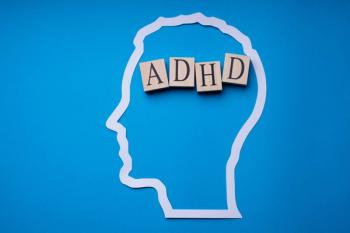
Check out these insights from clinicians at Real Psychiatry!

Let's explore COVID-19's impact on psychiatric research...

"Who are you important to? If you passed tomorrow, who would show up at your funeral?"
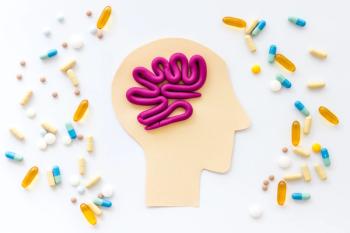
When prescribing ADHD medications, when is the best time to switch treatments?
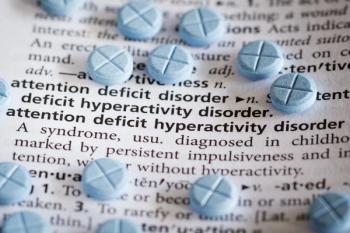
Ancillary symptoms may be key in guiding treatment management for ADHD.

How can we get back to recovery as the treatment goal for schizophrenia?

2024 into 2025: a period of highs and lows for schizophrenia treatment.
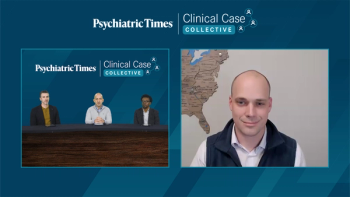
A patient discusses their struggles coming to terms with a posttraumatic stress disorder (PTSD) diagnosis after multiple traumatic events, detailing their initial resistance to seeking help, the breakthrough moments in therapy that led to acceptance, and their ongoing journey of healing through various treatment approaches.

A panelist discusses how effective posttraumatic stress disorder (PTSD) management requires a comprehensive, individualized approach combining evidence-based treatments, ongoing support systems, lifestyle modifications, and regular monitoring of progress while acknowledging that recovery is often a gradual process requiring patience, persistence, and collaboration between health care providers and patients.
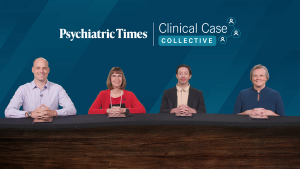
Published: July 9th 2025 | Updated:
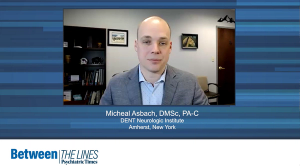
Published: May 20th 2024 | Updated:
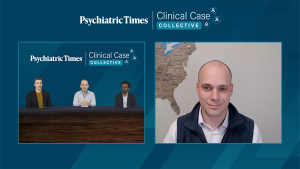
Published: December 13th 2024 | Updated:

Published: June 16th 2025 | Updated:

Published: January 20th 2025 | Updated:

Published: December 23rd 2024 | Updated: